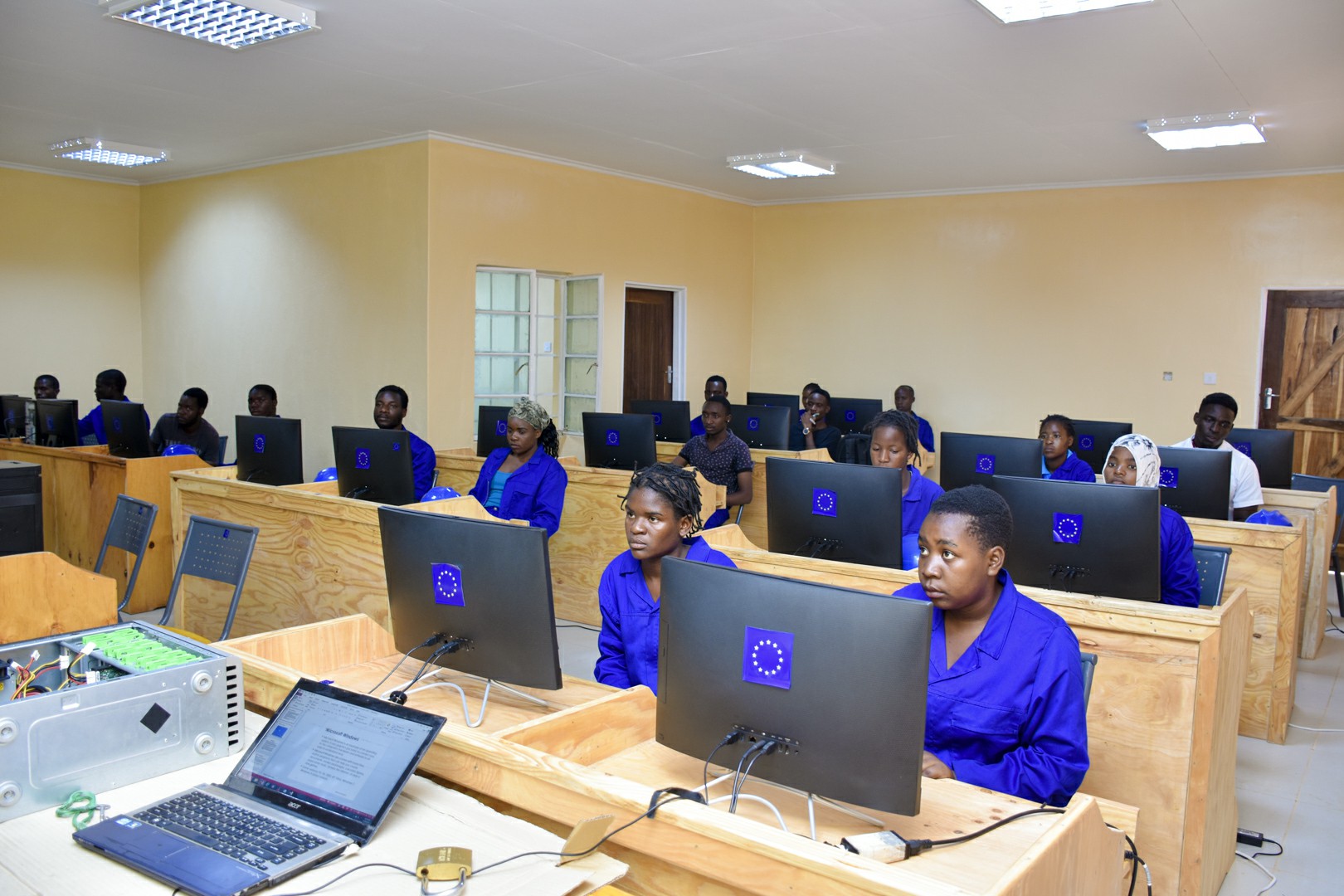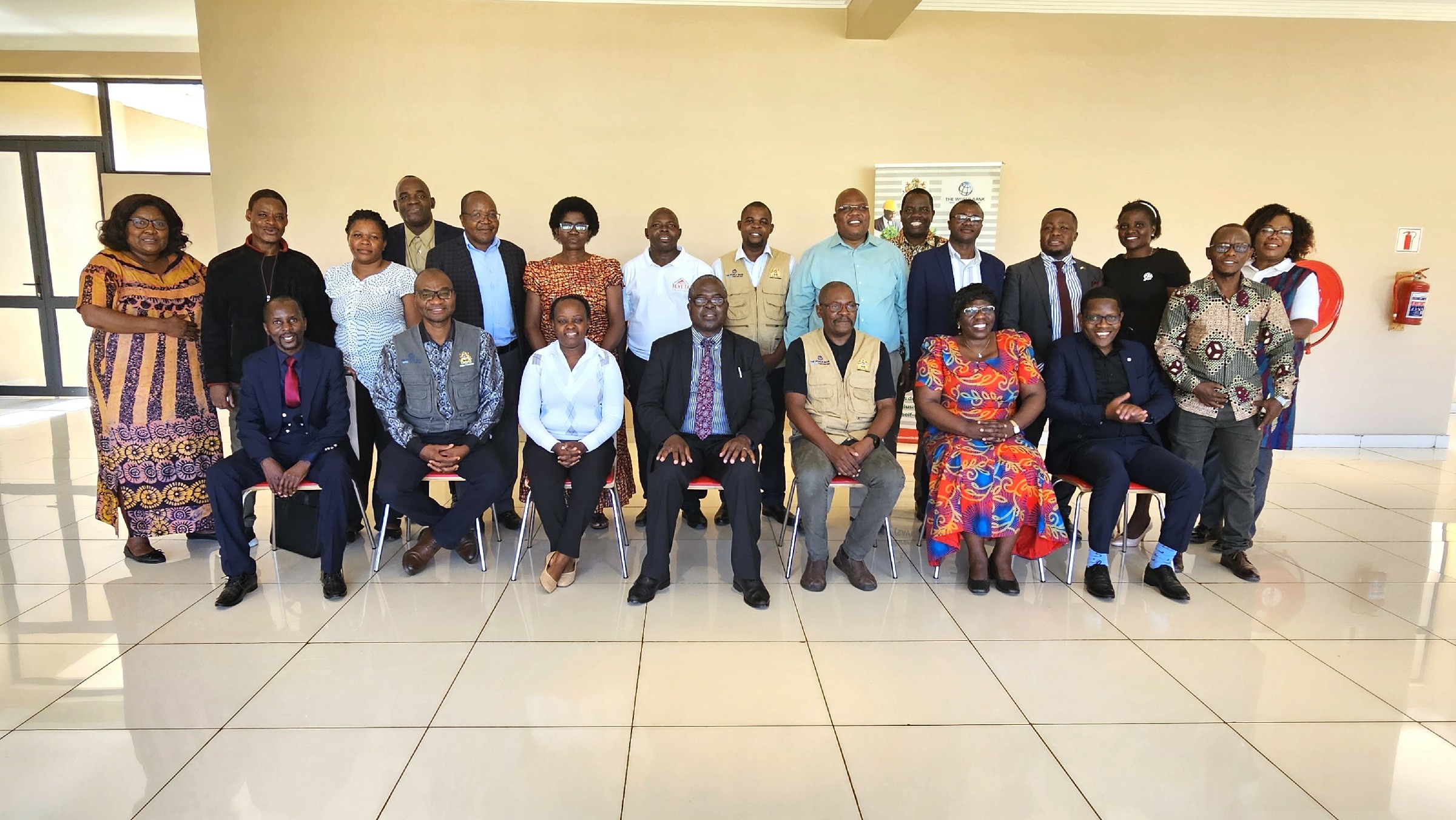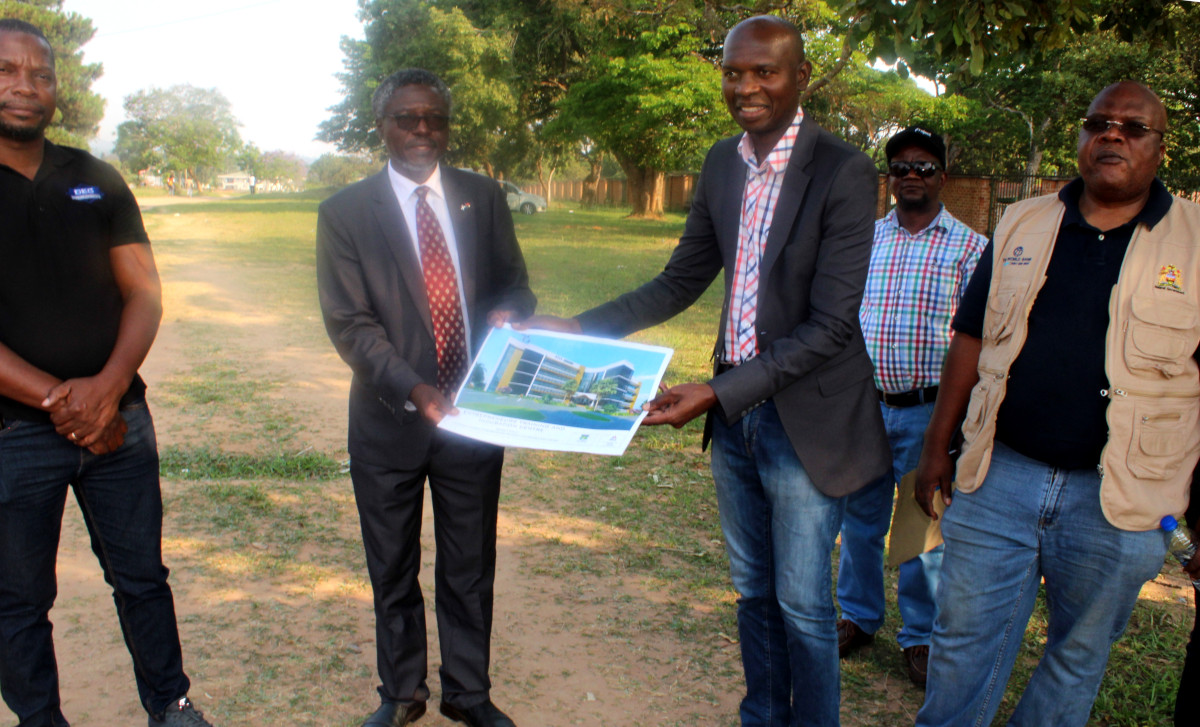Our Mission
The Skills for A Vibrant Economy (SAVE) Project is an ambitious initiative by the Government of Malawi, co-funded by the World Bank, aimed at revolutionizing the nation’s workforce. Our mission is to increase access to market-relevant skills development programs, particularly for women and vulnerable youth, to meet the demands of key economic sectors. By doing so, we aim to empower Malawians to secure sustainable employment and contribute meaningfully to the nation's growth.

What We Do
Launched in October 2021, the SAVE Project is a 5-year, $100 million endeavor designed to enhance the quality and reach of technical, vocational, and higher education across Malawi. We collaborate with higher education institutions, technical colleges, and private sector partners to achieve the following objectives:
Infrastructure Development: We are investing in the construction and upgrading of facilities at public higher education institutions and technical colleges, creating modern, well-equipped learning environments.
Skills Training and Capacity Building: By supporting teacher training and providing cutting-edge learning materials, we are improving the quality of education and training offered to students. This includes the creation of incubation services for graduates, fostering self-employment and entrepreneurship.
Scholarships and Financial Support: To ensure equitable access to education, we provide scholarships and loans to vulnerable and female students, helping them to enroll in technical and vocational education and training (TEVET) programs and higher education institutions.

Our Impact
The SAVE Project is poised to make a significant impact on Malawi’s education system and economy. We are targeting:
45,000 Students in Higher Education: We are working with over 50 tertiary institutions to enhance the quality and relevance of education, ensuring graduates are well-prepared for the job market.
65,000 TEVET Trainees: By expanding access to TEVET programs, we are equipping young people with practical skills that are in demand across various industries.
Empowering Educators and Institutions: Nearly 900 trainers, lecturers, and staff from participating institutions are receiving professional development to improve their teaching and administrative capabilities.

Our Focus Areas
The SAVE Project focuses on priority sectors essential to Malawi’s economic development, including agriculture, tourism, ICT, manufacturing, and more. By aligning educational programs with industry needs, we ensure that graduates are equipped with the skills required to thrive in these sectors.

Our Commitment
At the heart of the SAVE Project is a commitment to inclusivity and equity. We strive to create opportunities for all Malawians, particularly those from disadvantaged backgrounds, to gain the skills and education necessary to build a better future. Our work is guided by the principles of transparency, accountability, and sustainability, ensuring that the benefits of the project are long-lasting and far-reaching.

Project Steering Committee
Project Steering Committee (PSC) is the highest decision-making body that provides overall strategic oversight to the SAVE Project. The PSC is chaired by the Secretary for Education, MoE, and co-chaired by the Secretary of Labor, MoL. It includes representation from the Secretary to the Treasury; Secretary for Gender, Community Development, and Social Welfare; Secretary for Youth and Sports; and the National Planning Commission. It ensures that project implementation is aligned to the PDO.
Read moreTechnical Committee
The Project Technical Committee (PTC) provides technical guidance and support for the SAVE project. Chaired by the Director of Higher Education, the committee includes members from various government ministries, private sector, civil society, and education institutions. Their role includes reviewing reports and resolving implementation issues.
Implementation Unit
The Project Implementation Unit (PIU) headed by the Project Manager, is responsible for day-to-day implementation of the SAVE Project. The PIU monitors progress, identifies challenges, and recommends corrective actions. It collaborates with the PSC, PTC and the beneficiary stakeholders - the 9 HEIs, 7 NTCs, and the 15 CTCs/CGWs to ensure project activities are aligned with the Project Development Objective (PDO) and policy directions.
